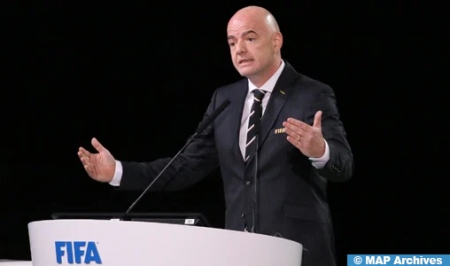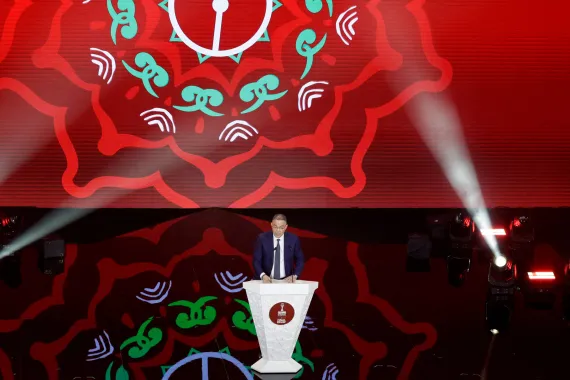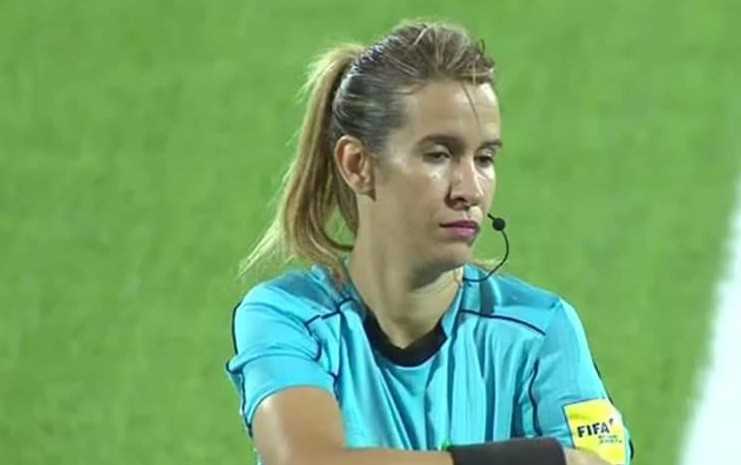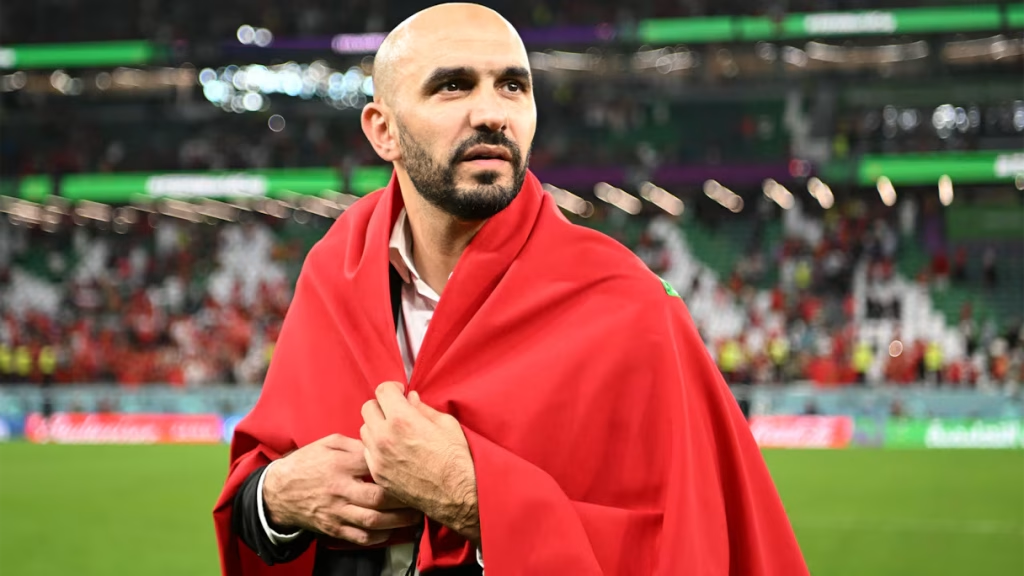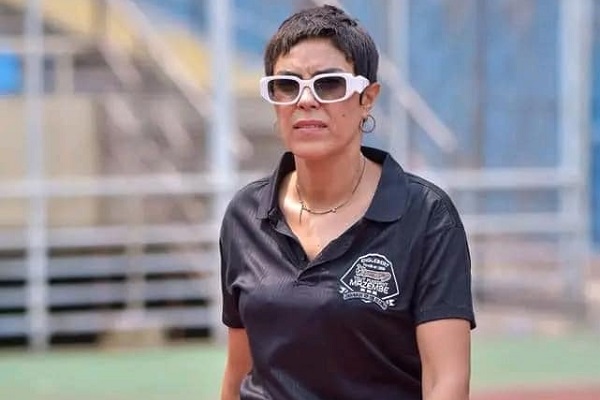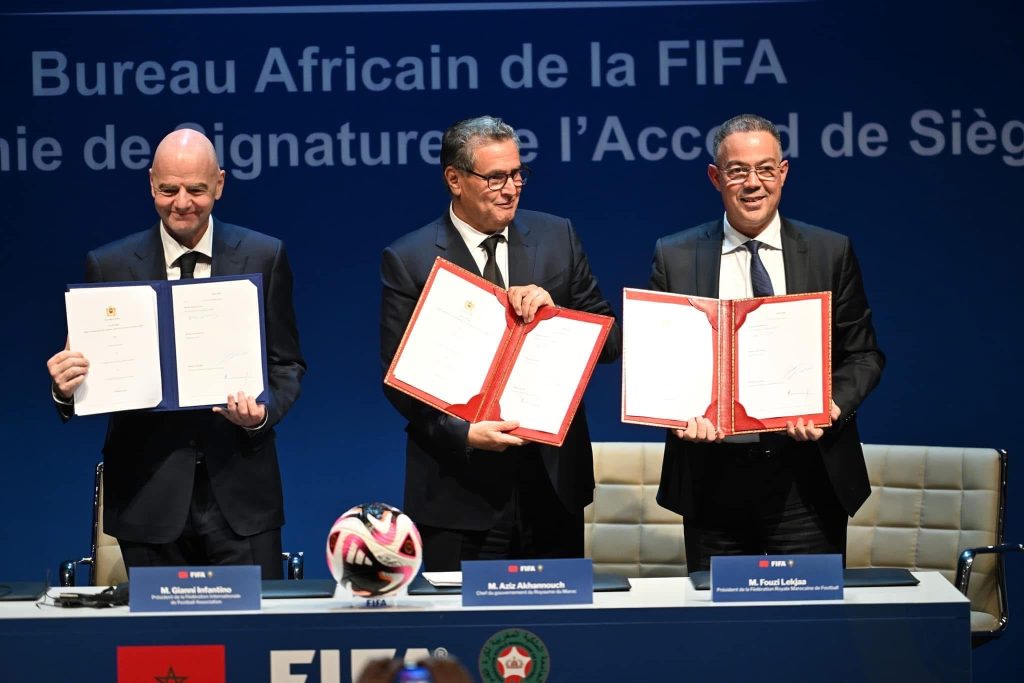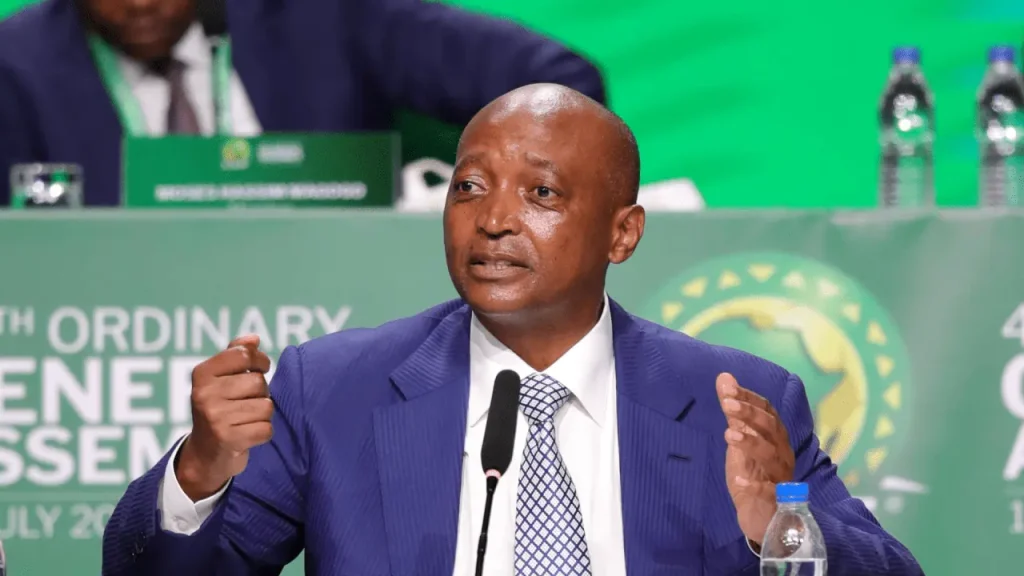Morocco will house the headquarters of FIFA Africa Office, under the terms of an agreement signed on Monday evening in Marrakech.
Inked by Morocco’s Head of Government Aziz Akhannouch, FIFA President Gianni Infantino and President of the Royal Moroccan Football Federation (FRMF) Fouzi Lekjaa, the agreement to host the African Office of the International Football Federation in Morocco falls in line with FIFA’s role in the advancement and promotion of football, while taking into account the universal, educational and cultural impact of the sport.
In addition, it aims to accompany and support all initiatives and projects aimed at developing football in Africa.
The signing of this agreement also reflects Morocco’s ongoing commitment to promoting football, and confirms FRMF’s key role as a member of FIFA.
Under the terms of the agreement, the Moroccan government and the FRMF undertake to implement measures to accompany and support FIFA’s projects. These include assisting FIFA with all the steps involved in staging its African Office in Morocco and making premises available to the office.
Both parties are also committed to facilitating the settlement in Morocco of the Federation’s foreign employees, and to assisting FIFA’s African Office with all administrative procedures required for its activities.
Speaking on the occasion, Akhannouch said that staging FIFA’s African Office reflects the trust put by international sporting institutions in Morocco, which just experienced a historic week following the Kingdom’s official nomination as 2030 World Cup host, alongside Spain and Portugal.
He also pledged that the Moroccan government would work to ease procedures involved in setting up and running the office.
For his part, Infantino welcomed signing the agreement for the headquarters of the FIFA Africa Office in Morocco, noting that the office would contribute to elevating Moroccan, African and world football.
“This is a historic and exceptional day for FIFA, for Morocco and for the whole of Africa”, he said.
Infantino seized the opportunity to express his sincere gratitude to HM King Mohammed VI, who, he stated, is tirelessly working to promote the advancement of football in Africa.
FIFA’s President also praised the growth of Moroccan football and efforts made in this field by the FRMF and the government.
In turn, CAF President Patrice Motsepe expressed his gratitude to HM the King, the Moroccan government and people, as well as the FRMF for the Kingdom’s contributions to African football, adding that CAF is proud of Morocco’s achievements, both on and off the pitch.
The agreement for the headquarters of the FIFA Africa Office in Morocco was signed at the Congress Palace in Marrakech on the sidelines of the CAF Awards 2024 ceremony.
